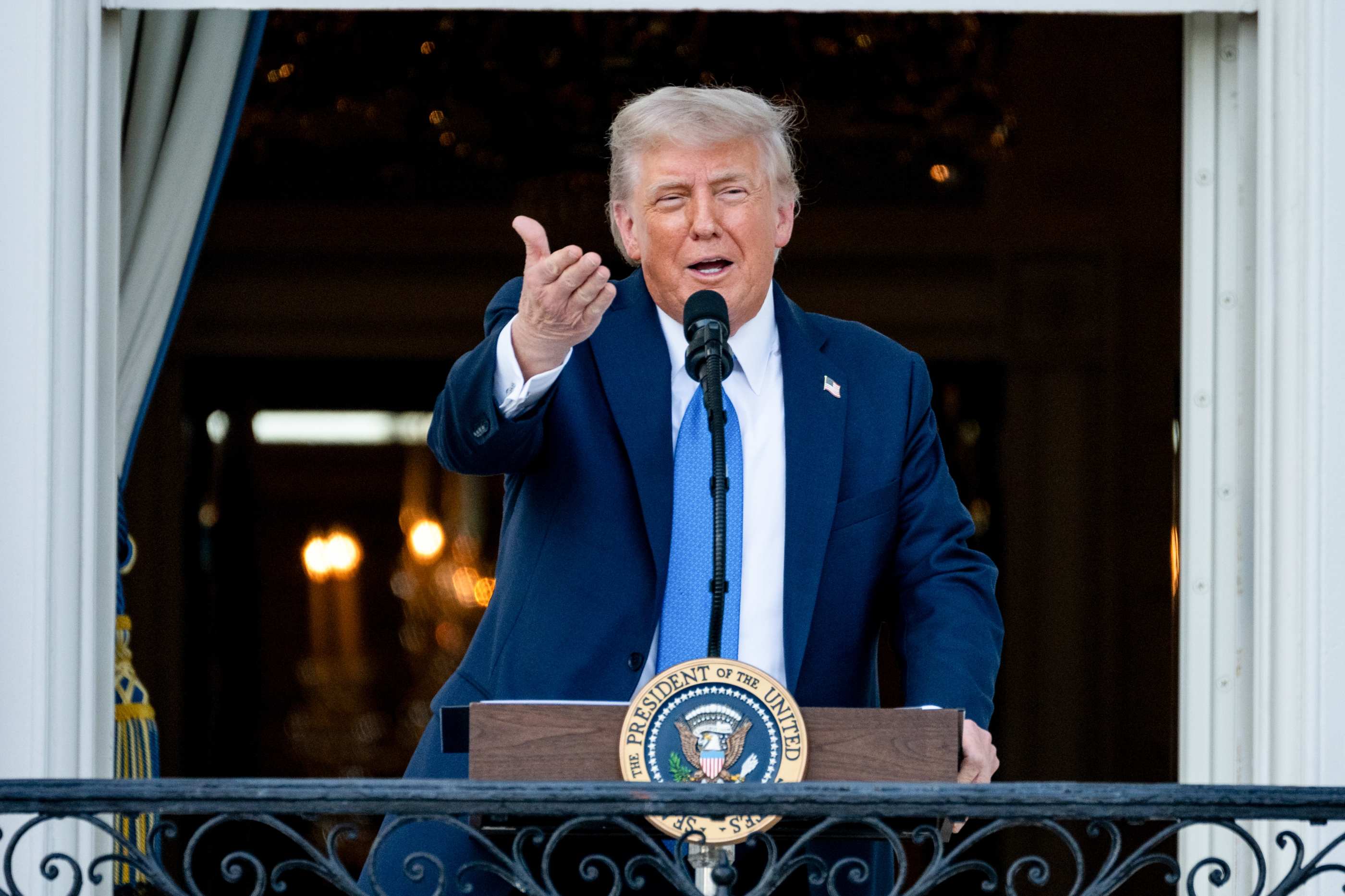Trump eyes travel ban expansion: Tanzania, Uganda among 36 nations on watchlist

The consideration follows a presidential proclamation issued earlier this month by President Donald Trump, which blocked entry for nationals of 12 countries.
The Trump administration is weighing a sweeping expansion of its travel restrictions that could see citizens from 36 more countries barred from entering the United States, according to a confidential State Department cable reviewed by Reuters.
The consideration follows a presidential proclamation issued earlier this month by President Donald Trump, which blocked entry for nationals of 12 countries.
The move was framed as a safeguard against foreign terrorism and broader national security threats.
This latest effort forms part of a broader crackdown on immigration initiated by Trump at the onset of his second term.
Measures so far include the mass deportation of Venezuelan nationals reportedly linked to gangs back to El Salvador, as well as tightening controls on foreign students, including visa denials and removals from U.S. institutions.
The classified diplomatic cable, signed by Secretary of State Marco Rubio, outlines multiple concerns related to the 36 countries now under review and calls for them to take corrective steps to avoid inclusion in the expanded travel ban.
“The Department has identified 36 countries that could face full or partial entry suspensions if they fail to meet key security and cooperation benchmarks within 60 days,” reads a classified cable circulated by the U.S. State Department over the weekend, as first reported by The Washington Post.
The document outlines a series of concerns prompting the potential travel ban expansion.
Chief among them is the failure of some governments to provide credible identification documents or maintain secure passport systems.
Others have shown limited cooperation in accepting the return of nationals ordered deported from the U.S.
Additionally, the cable cites instances where citizens from the flagged countries have overstayed their visas in significant numbers, raising further concerns over immigration compliance.
Additional concerns outlined in the cable included links between some countries’ nationals and acts of terrorism on U.S. soil, as well as involvement in antisemitic or anti-American activities.
However, the document noted that not all of these issues applied uniformly across all 36 nations under review.
A senior State Department official, while declining to comment on specific internal discussions, said the government continues to assess and adjust its policies in line with national security needs.
“We are constantly reevaluating policies to ensure the safety of Americans and that foreign nationals follow our laws,” the official stated. “The Department of State is committed to protecting our nation and its citizens by upholding the highest standards of national security and public safety through our visa process.”
The United States has issued a 60-day warning to 36 countries that could face full or partial travel bans if they fail to meet key security and immigration benchmarks.
Countries on the watchlist include Tanzania, Uganda, Nigeria, Ethiopia, and Egypt, among others across Africa, Asia, and the Caribbean, according to a diplomatic cable signed by U.S. Secretary of State Marco Rubio.
This potential expansion marks a significant escalation of the Trump administration’s immigration crackdown, following a recent proclamation that banned entry from 12 countries, including Afghanistan, Iran, and Libya.
The move, officials say, is aimed at tightening national security and combating terrorism, document fraud, and visa abuse.
The internal cable cited a range of concerns, from poor passport security and lack of cooperation in deportations, to suspected ties between foreign nationals and terrorist or anti-American activity.
However, it noted that not all concerns applied to every country listed.
The entry of individuals from seven additional countries including Cuba, Burundi, and Venezuela has already been partially limited.
This approach echoes Trump’s first-term travel ban, initially targeting several Muslim-majority nations, a policy that was later upheld by the U.S. Supreme Court in 2018.
